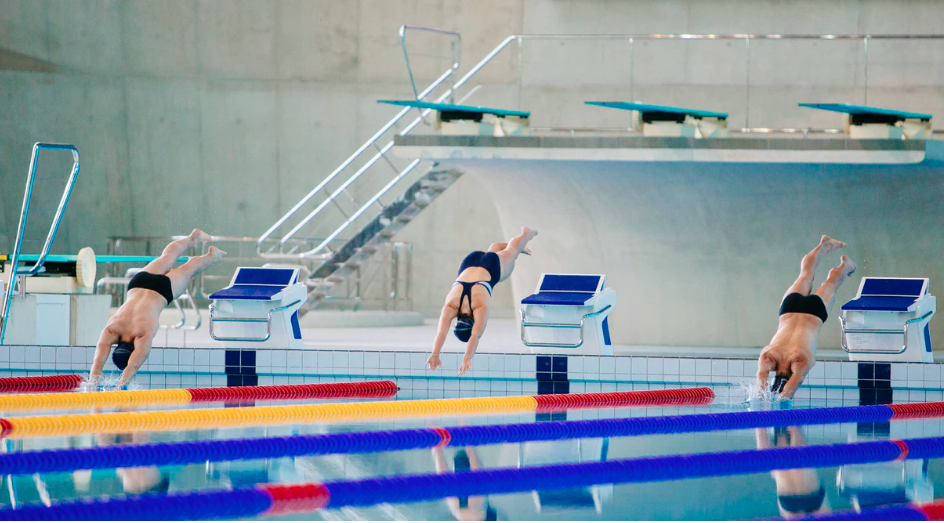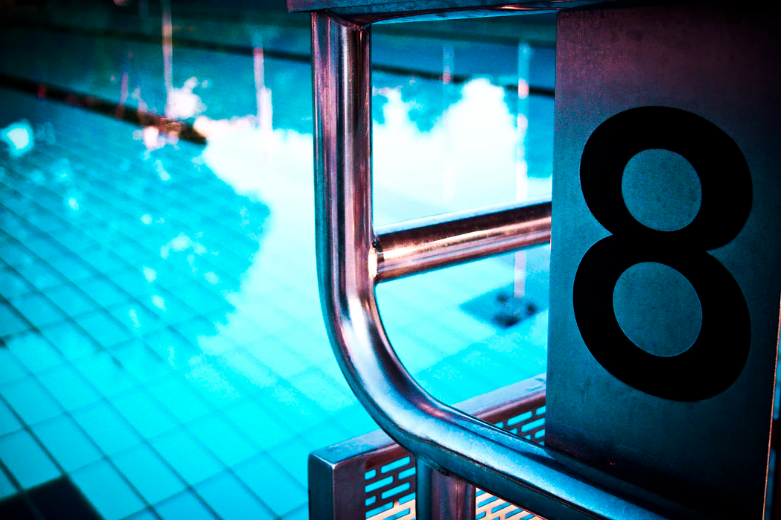
Are you wondering how to start competitive swimming for your child? Look no further for some starter tips! Of course, it isn’t necessary to start at age four or five; there are Olympic swimmers who start later, around eight to ten, but starting young does have its advantages. Swimming is equal parts talent and skill — skill gained through time and hard work. Starting young means your child will have time on their side to hone their swimming skills and master their technique.
How to Get Children Ready For Competitive Swimming
1. Enrol Your Child in Swimming Lessons (Of Course!)
Most swim schools start offering lessons for infants ages 6 months and older. If you’re looking to get your child into competitive swimming, you want to start them in swimming lessons as soon as possible to help them work on endurance and technique to get an edge against the competition!
The AquaMobile Kids Swim Program is suitable whether your child’s goals involve developing basic swim skills or pursuing competitive swimming ,or swim instructing / lifeguarding in the future. Our private preschool swimming lessons allow young children to further develop their swimming skills one-on-one with their AquaMobile private swim instructor.
2. Look into Swim Clubs or Summer Programs
Once they’ve become proficient enough swimmers, usually by eight years old, enroll them in a swim club! This could be an after-school club or more intensive programs that take place during school breaks, like summer camps.
Find a local program and sign them up to give your child their first taste at competition swimming. (Of course, it’ll be nowhere near the Olympic level or even the high school level, but it’s a start!) Not only is this the place for your child to put their skills to the test, it’s a great place for kids to socialize and make new friends.

3. Make Sure You Buy The Right Gear
For the most part, swimming isn’t an expensive sport as much of the gear you need is a one-off purchase. You’ll need a swimsuit of course, a swim cap, goggles, and then nose plugs (optional).
If you’re looking into competitive swimming and seeking to enhance training, then splurging on swim training gear is worth it. Higher-end swimsuits that are designed to reduce drag and make a swimmer more streamlined can help improve time and usually run you a couple of hundred dollars.
4. Let Passion, Practice, and Patience Take Over
Really, the most important thing is to ensure your child wants to swim competitively. Ultimately, their happiness is of the utmost importance!
Some swimmers have a lot of talent but don’t find passion in swimming, and to succeed, you must be driven. Swimming requires a lot of hard work and dedication, especially in one’s early life. If your child is passionate about swimming, then once they enter high school, it’s a natural progression upwards. High school provides many opportunities when it comes to competitive swimming.

